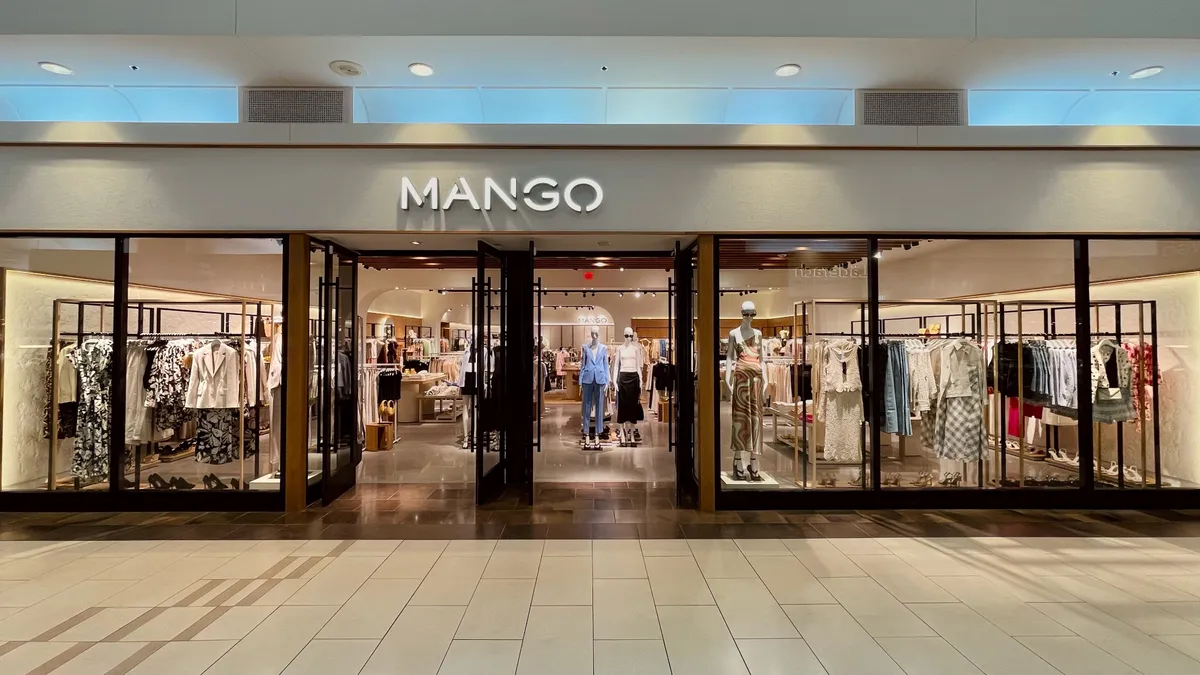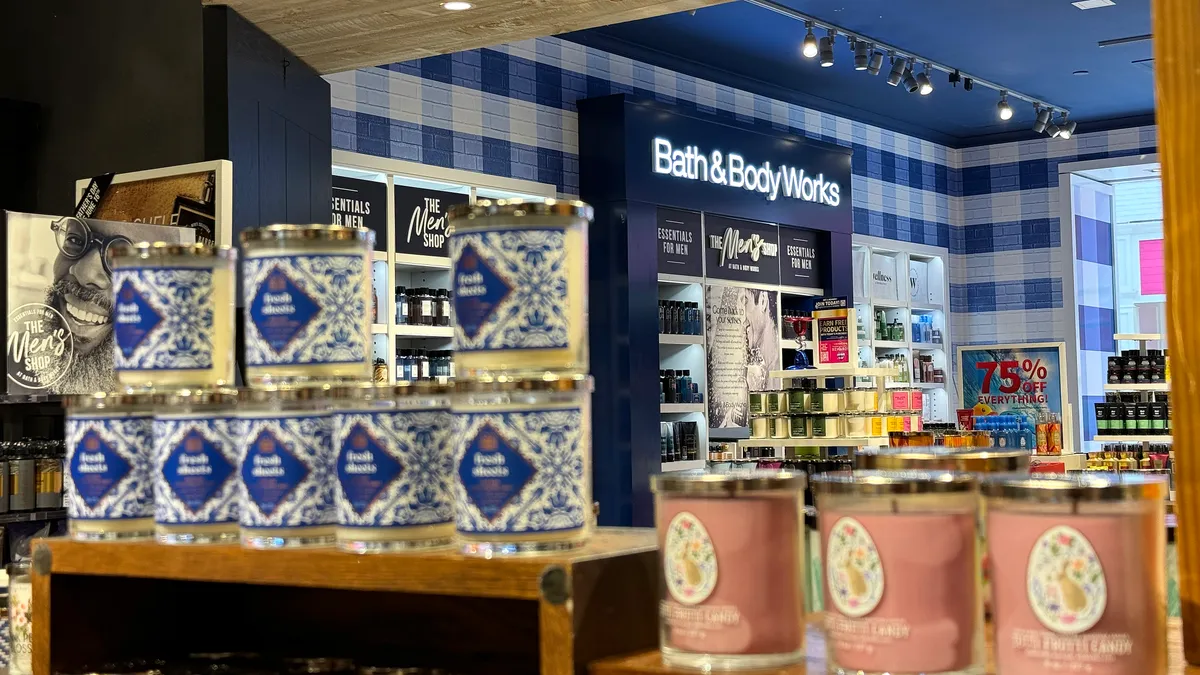The pandemic pushed a lot of things to the forefront, including the importance of supply chain. Supply chain professionals, including the role of the chief supply chain officer, are more visible now.
"Those of us in the industry can now explain to our families" what we do, said Elouise Epstein, partner at management consultant company Kearney. "When the news cycle starts talking about cold chain, that's pretty sophisticated stuff.”
Beyond the general public beginning to understand what supply chain does, boardrooms recognize how crucial the function is too. There's "more c-suite attention to the role," said Asoo J. Vakharia, director of the Supply Chain Management Center at the University of Florida Warrington College of Business. This happens after a major disruption to the supply chain, like due to a hurricane or earthquake, but the COVID-19 pandemic is different.
"It's not just a major event but a longer term one," Vakharia said. "These roles start to get a little bit more attention and to some extent, the people who serve in these roles are the first ones to be called upon to try to resolve the problems."
Supply chain emerges from the shadows
To say supply chain became more visible during the pandemic is an understatement.
"For decades, it's always been about sales and commercial activity and mergers and acquisitions activity, and those of us in supply chain and operations have languished in the dark," said Epstein.
That meant CSCO and supply chain professionals doing great things were ignored, and those not doing a great job weren’t seen either.
All of that changed in March 2020.
"I have CEOs who call down to the head of supply chain saying, 'why do I not have this, why is that factory shut down because we can’t get PPE or hand sanitizer or janitorial services' all the way to, 'hey, why can’t we produce more?'" she said. "It exposed some of the capability gaps and weaknesses."
"When the news cycle starts talking about cold chain, that's pretty sophisticated stuff."

Elouise Epstein
Partner at Kearney
CEOs and other C-suite members will not soon forget the role that supply chain played during the pandemic, which CSCOs — especially those who could answer CEO calls — should embrace, Epstein said.
"This is the moment to shift from being in the shadows to driving a core part of the strategic agenda," she said.
CSCOs should push the strategic value in their roles. They also need to show how a transparent, end-to-end supply chain will result in reaching customers faster and showing those customers how items are sourced.
"These are topics that come up in board meetings and earnings reports and investor calls," she said. “That's the opportunity. It's right there in front of us."
A role dedicated to supply chain management
The exact role of the CSCO, or if there’s a CSCO at the C-suite level at all, depends on the industry, said Vakharia. There's more likely to be a CSCO in grocery than in garments, for example.
A CSCO is also more likely to focus explicitly on supply chain, not something else plus that.
"In the past there may have been supply chain officers in organizations, but many times they were the head of logistics or head of warehousing and also had the title of supply chain officer, but they weren’t managing supply chain," said Jörg Schaefer, global retail supply chain leader at EY.
That's not going to cut it, especially for any company selling directly to customers through e-commerce channels. EY's latest "Future Consumer Index," which was published in March, found that 45% of consumers say the availability of delivery has become more important in guiding purchases. The report also found that expensive (44%) and slow (29%) delivery are among consumers’ top frustrations with online shopping.
The report's findings mean a strong omnichannel presence can be fueled by a strong supply chain, said Schaefer. "It needs to be state of the art." And for most enterprises, that means it much be managed by a CSCO dedicated to the job, not add on duties to another role.
The talent pipeline of CSCOs
To prepare the next generation of supply chain professionals to eventually take on a C-suite role, universities have been focusing on introducing students to high-level technologies they will likely encounter in the real world, said Vakharia, especially because adoption and usage of technologies will grow as their careers do.
"We're trying to prepare students for the role of analytics," he said. "The availability of the data we have that can facilitate good decisions has exploded."
"This is the moment to shift from being in the shadows to driving a core part of the strategic agenda."

Elouise Epstein
Partner at Kearney
Students are also learning about artificial intelligence, deep learning and machine learning, which Vakharia calls technologies "that are going to be the wave of the future that will give us much much stronger predictive analytics rather than just descriptive analytics."
Schaefer said a focus on sustainability can also be used to encourage young professionals to take on a supply chain role. In the Future Consumer Index report, EY found that 47% of consumers say local sourcing has become more important.
"Sustainability is the number one issue of that generation, and they're making it clear that this is important," he said. "If you play those cards, I think it’s going to be very possible to acquire younger talent."
This story was first published in our weekly newsletter, Supply Chain Dive: Operations. Sign up here.






















